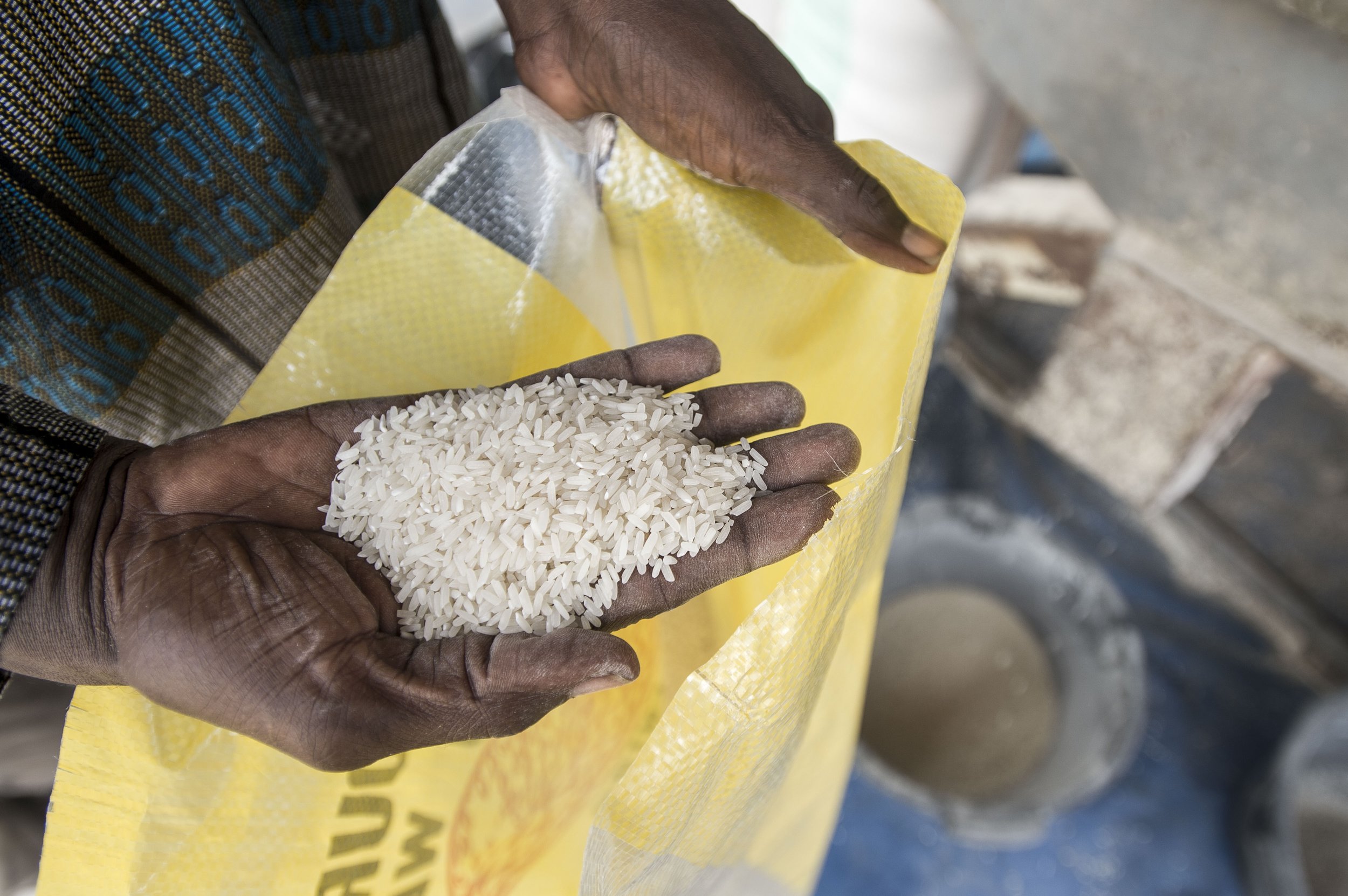Two Projects to Strengthen Evidence-Based Large-Scale Food Fortification Awarded Funding
Photo: Xaume Olleros/RTI
The Food Fortification Initiative (FFI) and its partners are working to fill large-scale food fortification (LSFF) data gaps and make already-available LSFF data accessible and actionable for decision makers worldwide through two projects supported by the Bill & Melinda Gates Foundation.
One grant of $300,000 will support FFI, a non-profit organization based at Emory University’s Rollins School of Public Health, for one year to conduct a literature review of evidence on the impact of LSFF for ten commonly fortified staple foods: bouillon, fish sauce, maize flour, milk, oil, rice, salt, soy sauce, sugar, and wheat flour. Fortification, the process of adding small amounts of vitamins and minerals (also known as micronutrients) to foods that people consume every day, is a long-established nutrition strategy practiced in more than 100 countries around the world. When mandated by governments and implemented on a large scale, fortification positively impacts a population’s health and a nation’s development, reducing maternal mortality, preventing birth defects, and promoting childhood growth.
The comprehensive literature review project will gather available evidence for the impact of food fortification on nutrient intake, nutritional status, and functional outcomes, such as reductions in the number of babies born with a neural tube defect due to fortification of foods with folic acid. “We hope this project will help inform the fortification policies and practices in countries that are planning or reviewing their existing LSFF programs,” says the project’s Principal Investigator, Dr. Helena Pachón, who serves as FFI’s Research Director and a professor at Emory University. Using this evidence, decision makers can create effective fortification programs that ultimately reduce micronutrient deficiencies and improve lives.
A second grant of $1.5 million has been awarded to a consortium of partners led by the Micronutrient Data Innovation Alliance (DInA) to strengthen the Global Fortification Data Exchange (GFDx). Consortium members include the Micronutrient Forum, FFI, the Global Alliance for Improved Nutrition, and the Iodine Global Network. This web-based analysis and visualization tool on food fortification, launched in September 2017, is the most comprehensive database of LSFF information, providing national-level data for 196 countries. Widely used by global LSFF actors, it has been extensively cited in influential reports and journal articles, including the Global Nutrition Report, the 2023 World Health Assembly Resolution on Food Fortification, the 2022 WHO guidelines on wheat flour fortification, and the Food Systems Dashboard.
Megan Bourassa, DInA Program Lead, emphasized the pivotal role of partnership in developing the GFDx. She stated, “The partnership between organizations has been key to the success of the GFDx. We look forward to continued collaboration and filling important data gaps along the LSFF decision-making pathway.” This new two-year grant will facilitate the expansion of the GFDx database, empowering national actors with the necessary data and insights to make informed decisions regarding LSFF initiatives.
Both grants are rooted in a strong network of partners with extensive experience in working with and collecting LSFF data. By strengthening the evidence base for LSFF, the Bill & Melinda Gates Foundation, FFI, Micronutrient Forum, Global Alliance Improved Nutrition, and Iodine Global Network demonstrate their commitment to a healthier world and a more resilient future.

